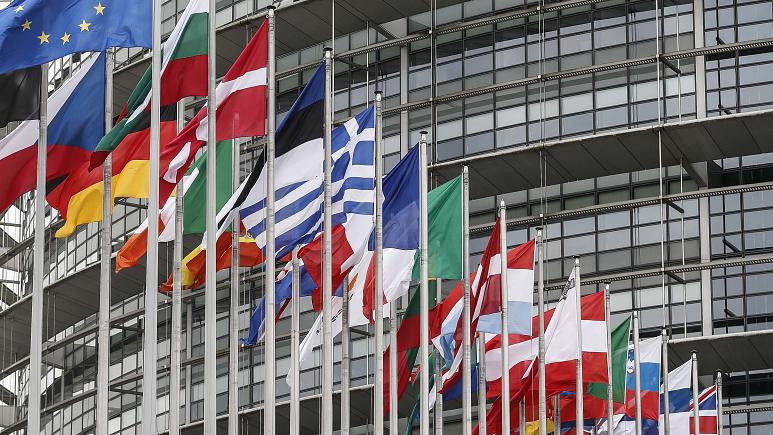
EU
EU lawmakers return to Strasbourg after more than a year
Euronews07.06.2021Read original
The June plenary session is expected to take place in a hybrid format. Previous meetings were held remotely because of the dangers posed by travelling during the COVID-19 pandemic.
EU staff and legislators mostly have their parliamentary base in Brussels but almost all plenary sessions need to be held 450 kilometres away in Strasbourg as foreseen in EU treaties.
The COVID-19 pandemic put a temporary stop to the practice and a previous attempt to bring back EU lawmakers to the French city in September 2020 was cancelled a week before as COVID-19 cases were rising again in France.
According to official data, the 14-day incidence rate in the Belgian capital currently stands at 263 infections per 100,000 population, while in the Bas-Rhin, the northeastern département where Strasbourg is located, the 7-day incidence rate stands at 87 cases per 100,000 inhabitants.
France requires travelers from other EU member states to present a negative PCR test no older than 72 hours.
MEPs are this week expected to give their final approval to the EU Digital COVID Certificate to facilitate travel within the 27-country bloc. The certificate will enable its holder to prove that they have either been fully vaccinated, have recovered from the disease or recently tested negative. The debate and vote will take place on Tuesday with the results coming out on Wednesday.
European lawmakers will also vote on whether to ask the World Trade Organisation to waive intellectual property rights for COVID-19 vaccines — a call backed by the World Health Organisation.
They will also debate what the EU’s response to the forced diversion of a plane by Belarusian authorities to arrest a journalist should be. A resolution on the matter is expected on Thursday.
On Monday, MEPs will debate the new 2030 EU Biodiversity Strategy and vote on it the day after. The resolution calls for, among other things, 30% of EU land and sea areas to be protected and underlines that urgent action is needed to stop the decline of bees and other pollinators.
